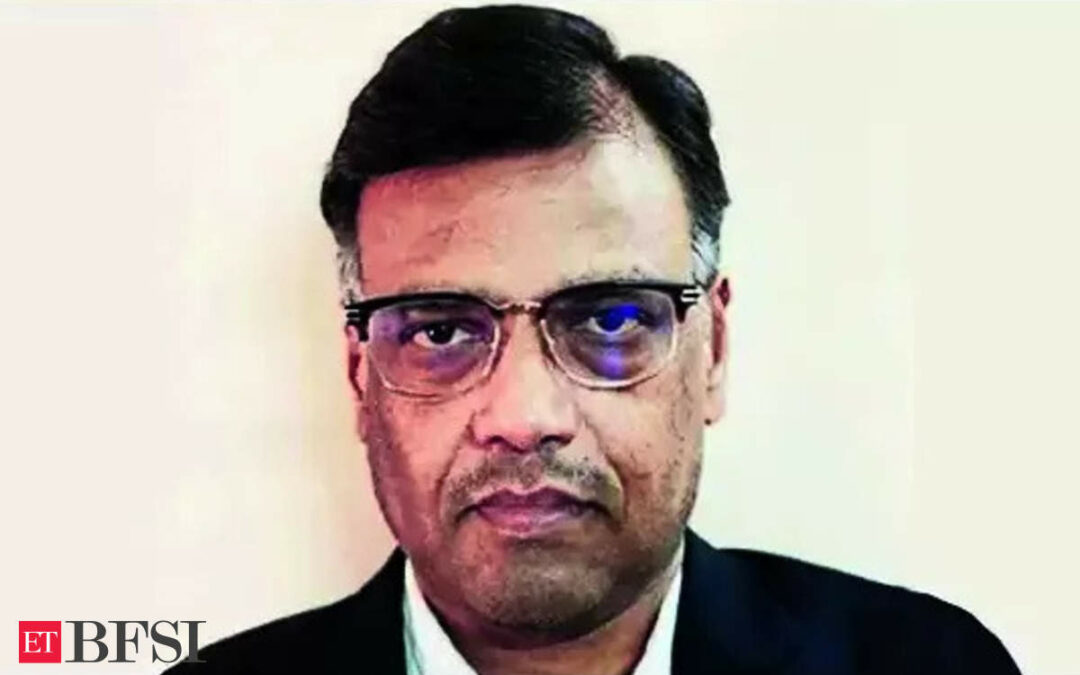Mumbai: RBI deputy governor T Rabi Sankar said that global regulators cannot address problems related to cross-border payments under the current framework of correspondent banking.
Speaking at the Global Fintech Fest, Rabi Sankar asked why cross-border payments are lagging even as domestic systems are revolutionised. “Even if you leave the currency risk as it is, it still doesn’t explain why the average cost of cross-border transactions is 6%, as per some studies. The answer is not technology — it’s a consensus that needs to be reached globally and a commitment required to change this system,” he said.
“I don’t believe we can find a solution within the current framework, which is the corresponding banking system,” the deputy governor said. Correspondent banks are intermediary entities that banks use to move funds to a beneficiary bank. Rabi Sankar said efficient cross-border transactions were one of the cases made for cryptocurrencies such as stablecoins. “There’s no reason why the same principles cannot be applied to other payment systems or central bank digital currencies (CBDCs). It’s a matter of willingness, not a lack of technology. We need to find a solution outside the correspondent banking system,” he said. Rabi Sankar said that he was often asked why the need for CBDC when UPI exists. “CBDC is not just a payment instrument; it is a currency. We are accustomed to transactions between bank accounts but not digital currency transactions.” He added, “The reason it takes two days for settlements in forex markets is due to different time zones. The finality of settlement requires both central banks to be open. This time zone gap has created what is known as Herstatt risk.”










